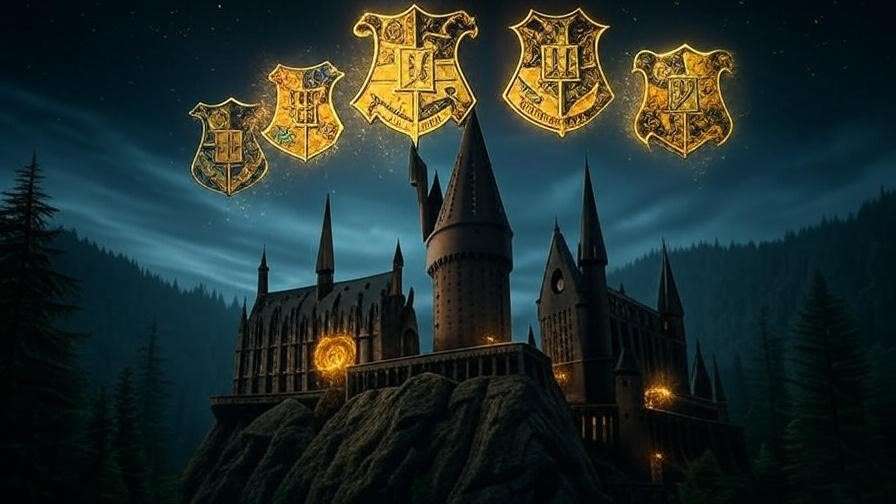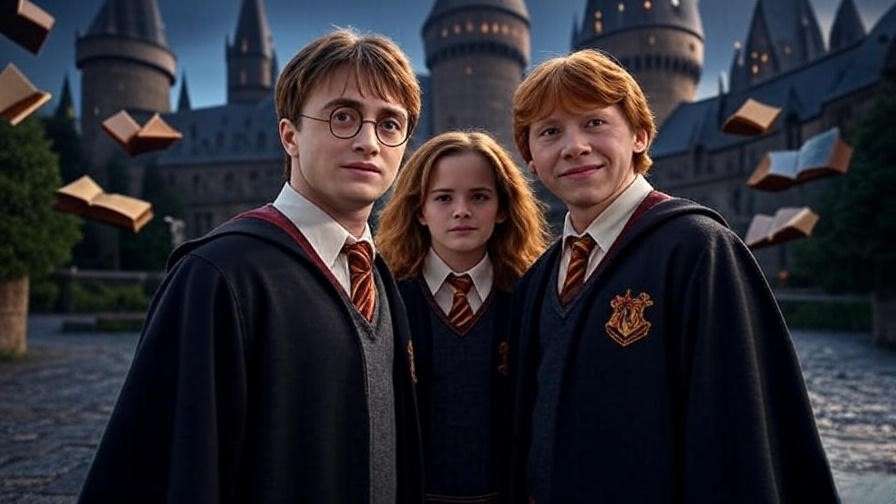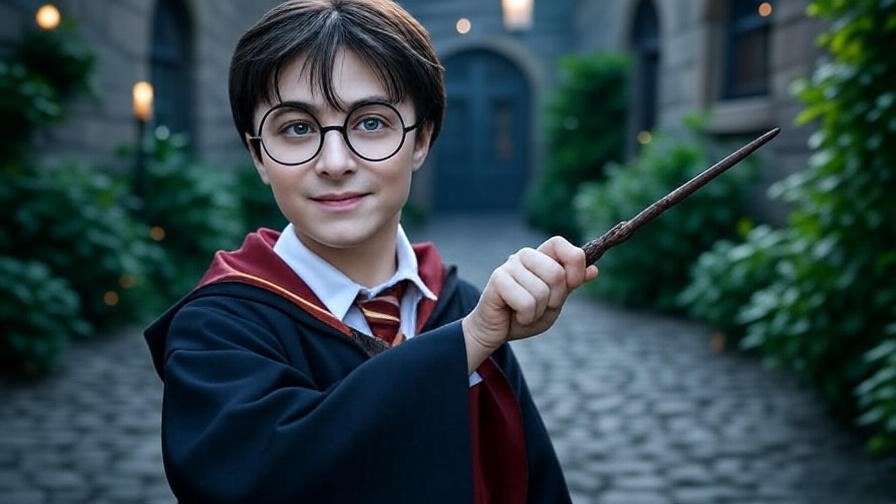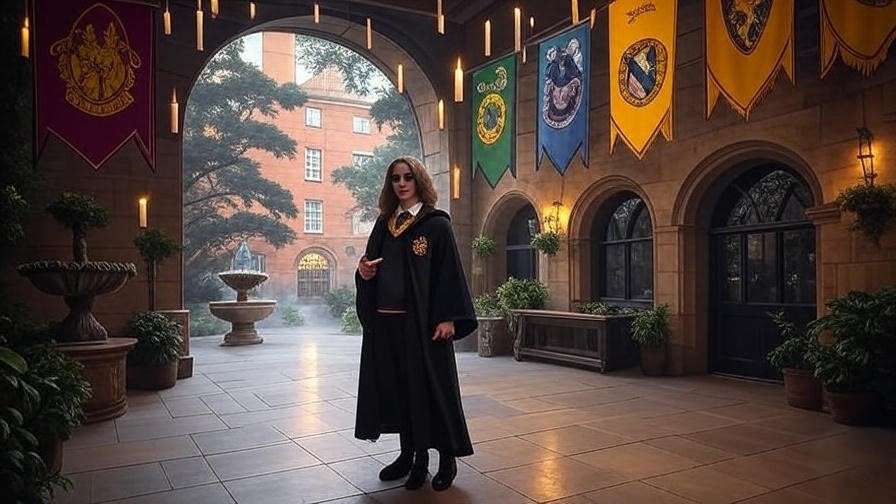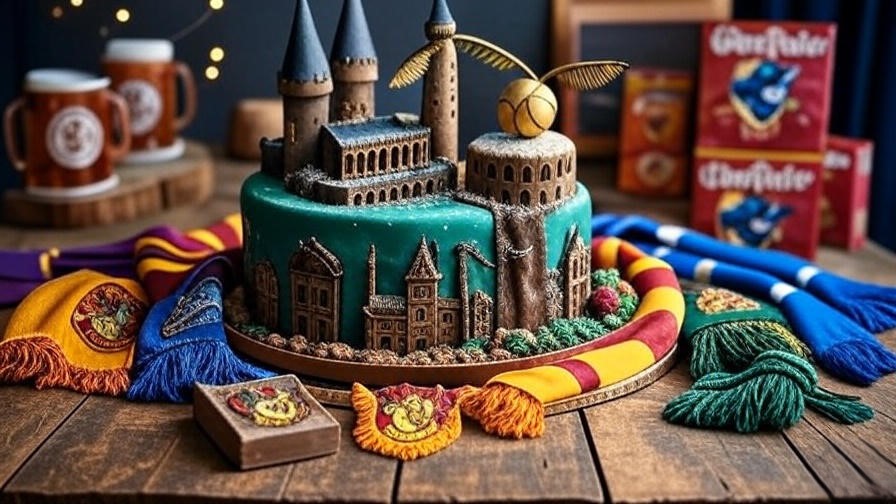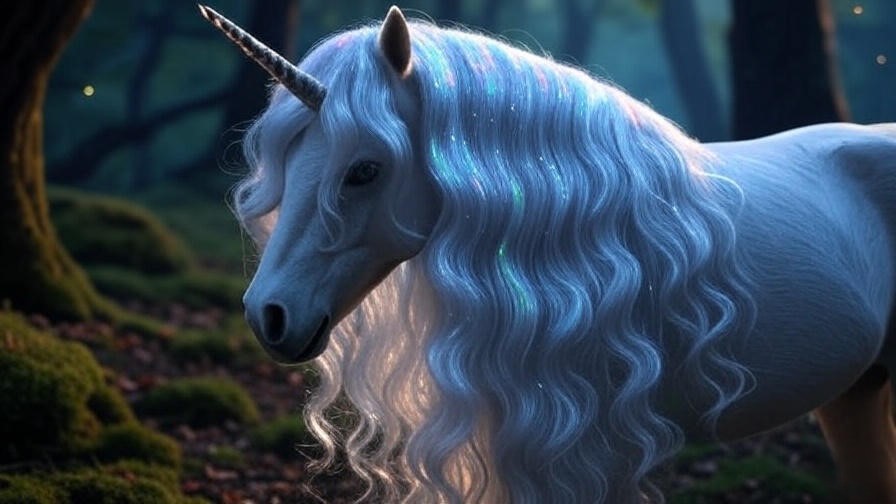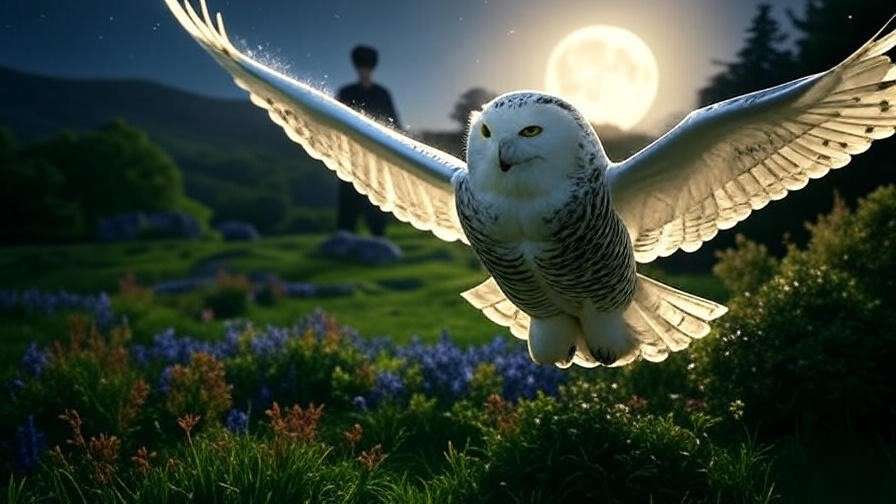Imagine standing in the Great Hall of Hogwarts, the enchanted ceiling swirling with stars, as a first-year witch hears her surname called by the Sorting Hat. That single word—her surname—carries centuries of magical heritage, whispering tales of courage, cunning, or creativity. For Harry Potter fans, the witch surnames of Hogwarts are more than just names; they’re gateways to understanding the rich tapestry of the wizarding world. From Granger’s Muggle-born brilliance to Malfoy’s pure-blood arrogance, these surnames shape identities and destinies. In this deep dive, we’ll explore the origins, meanings, and hidden stories behind the most iconic witch surnames, drawing on J.K. Rowling’s works, Wizarding World insights, and fan-driven analyses to uncover secrets not fully revealed in the books or films. Whether you’re a Gryffindor at heart or a Slytherin strategist, this guide will illuminate the magic behind the names that define Hogwarts.
Why Witch Surnames Matter in the Wizarding World
The Role of Surnames in Magical Identity
In the Harry Potter universe, a surname is more than a label—it’s a badge of heritage, magical ability, and sometimes social standing. Surnames like Malfoy, Weasley, or Granger instantly evoke distinct images: a haughty pure-blood, a warm-hearted family, or a trailblazing Muggle-born. These names carry weight, shaping how witches and wizards are perceived in the halls of Hogwarts and beyond. For instance, Hermione Granger’s surname, rooted in the ordinary, underscores her extraordinary journey as a Muggle-born witch who outshines many pure-bloods. According to J.K. Rowling’s writings on Wizarding World, surnames often reflect a family’s history, whether tied to ancient magic or Muggle origins, making them a cornerstone of identity in the wizarding society.
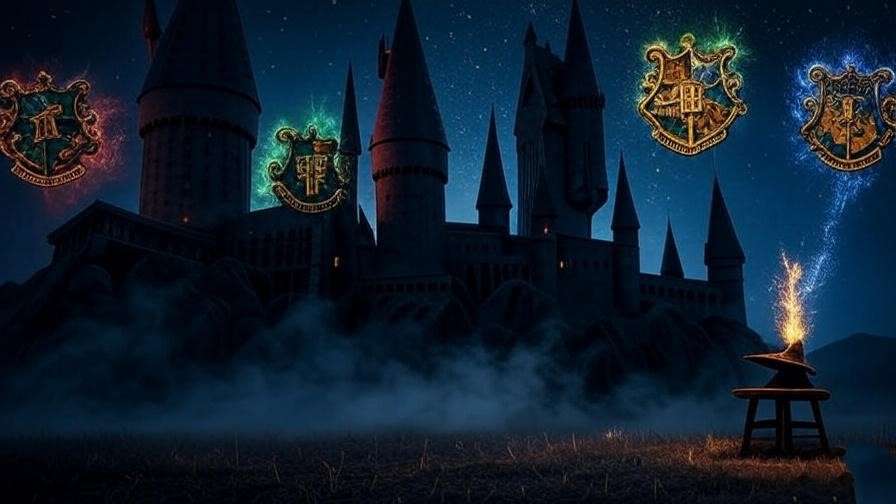
Hogwarts as a Melting Pot of Magical Lineages
Hogwarts School of Witchcraft and Wizardry is a unique crossroads where diverse witch surnames converge, each bringing its own legacy. From the ancient pure-blood lines of Slytherin to the inclusive spirit of Hufflepuff, the school celebrates a spectrum of magical heritages. Surnames like Patil or Chang highlight the global reach of magic, while names like Weasley or Longbottom embody the heart of British wizarding tradition. The Sorting Ceremony, as described in Harry Potter and the Sorcerer’s Stone, showcases this diversity, with each surname called out under the enchanted ceiling, tying students to their ancestors’ triumphs and struggles. This melting pot fosters alliances and rivalries, making surnames a key thread in Hogwarts’ vibrant tapestry.
The Most Iconic Witch Surnames of Hogwarts
Granger – The Muggle-Born Trailblazer
Origin: The surname Granger derives from the French word grangier, meaning “farmer” or “steward,” evoking humility and hard work. In the real world, it’s a common surname in English-speaking countries, but in the wizarding world, it’s synonymous with Hermione Granger, the brightest witch of her age.
Story: Hermione’s surname reflects her Muggle-born roots, setting her apart in a society often obsessed with pure-blood lineage. Despite prejudice from families like the Malfoys, she rises to prominence through intellect and courage, proving that magical prowess transcends heritage. Her journey, from mastering spells in Harry Potter and the Chamber of Secrets to leading Dumbledore’s Army, redefines what a “Granger” can mean in the wizarding world.
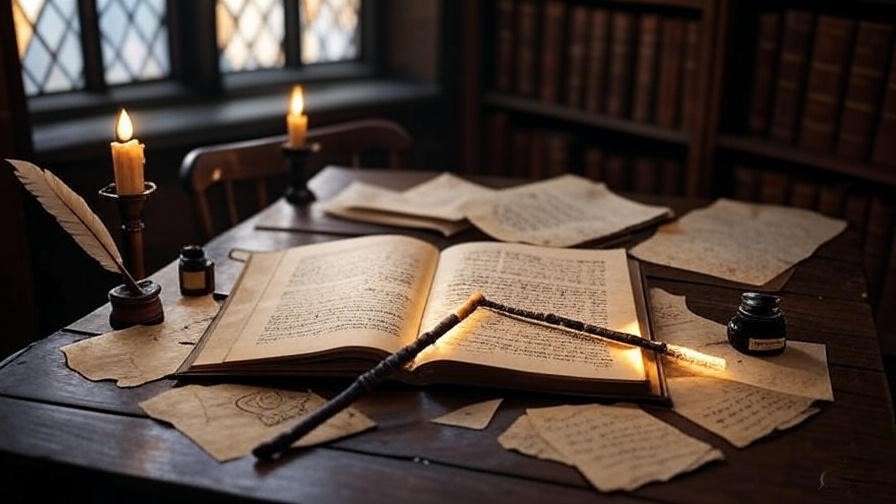
Insight: The simplicity of Hermione’s surname mirrors her grounded nature, yet its historical connotations of stewardship align with her role as a protector of her friends and values. Fans on platforms like X often cite Hermione as proof that surnames don’t dictate destiny, a theme Rowling emphasizes in her interviews.
Weasley – The Heart of the Wizarding World
Origin: The surname Weasley likely stems from the Old English word for “weasel,” an animal known for its cunning and resourcefulness. J.K. Rowling chose this name deliberately to reflect the family’s knack for thriving despite adversity.
Story: The Weasleys, with their sprawling family and modest means, embody warmth, loyalty, and bravery. From Molly’s fierce maternal instincts to Ron’s unwavering friendship with Harry, the Weasley surname is a beacon of Gryffindor values. Their home, The Burrow, described vividly in Harry Potter and the Chamber of Secrets, is a testament to their ability to create magic from love rather than wealth.
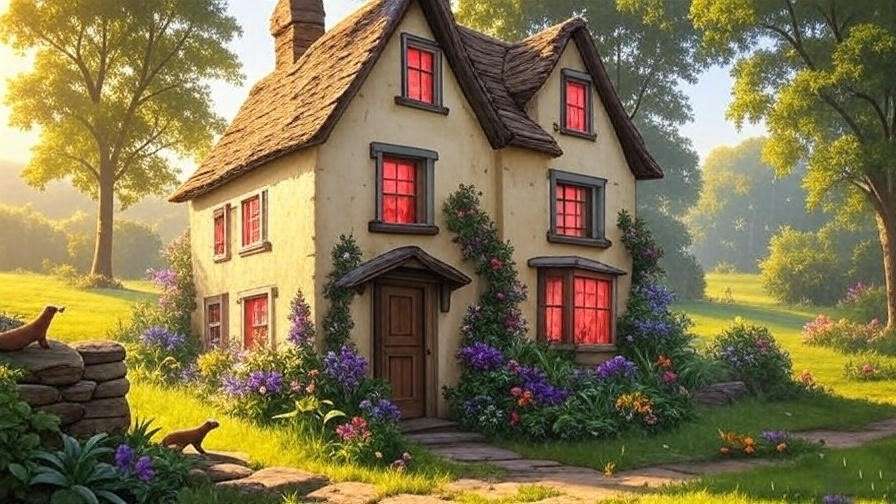
Expert Tip: Rowling’s naming choice, as she revealed in a 2007 Bloomsbury chat, was meant to evoke relatability and resilience. The Weasleys’ red hair and “weasel-like” tenacity make their surname a perfect fit for their underdog charm, a topic frequently discussed in fan communities on X.
Malfoy – The Pure-Blood Aristocrats
Origin: Derived from the French mal foi, meaning “bad faith,” the surname Malfoy drips with connotations of deceit and ambition. Its Latin roots also suggest a calculated, aristocratic lineage.
Story: The Malfoy family, led by Lucius and Draco, represents the darker side of pure-blood supremacy. Their wealth and influence, seen in Harry Potter and the Prisoner of Azkaban, contrast sharply with their moral failings. Draco’s arc, particularly in Harry Potter and the Deathly Hallows, reveals the weight of carrying a surname tied to dark magic and prejudice.
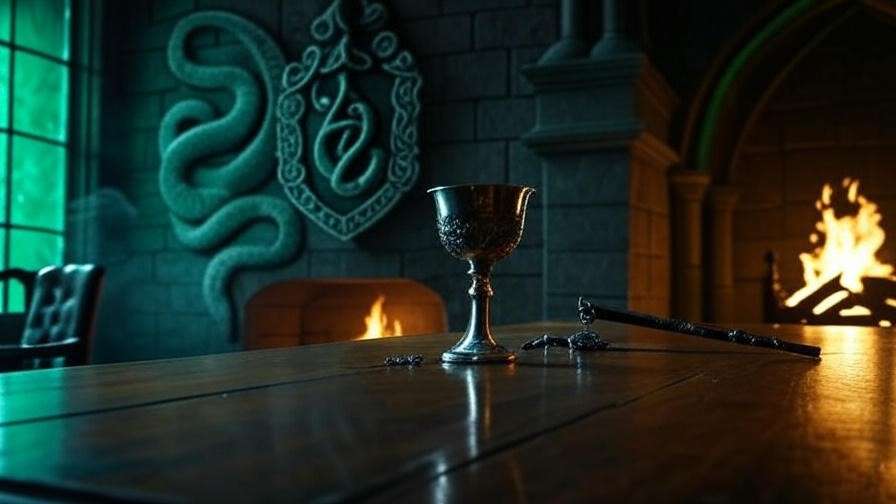
Insight: The Malfoy surname foreshadows their conflicted nature, a subtle nod to Rowling’s knack for embedding character arcs in names. As noted on Wizarding World, their history as one of the Sacred Twenty-Eight families underscores their status, yet their eventual redemption hints at the complexity behind the name.
Lovegood – The Eccentric Visionaries
Origin: The surname Lovegood is a whimsical creation, blending “love” and “good” to evoke positivity and openness. It’s uniquely Rowling, with no direct real-world equivalent, reflecting the family’s unconventional nature.
Story: Luna Lovegood, introduced in Harry Potter and the Order of the Phoenix, embodies the surname’s spirit with her dreamy demeanor and unorthodox beliefs. Her family’s publication, The Quibbler, challenges mainstream wizarding media, cementing their legacy as free thinkers. Luna’s courage in supporting Harry during dark times shows that “Lovegood” is more than quirky—it’s profound.
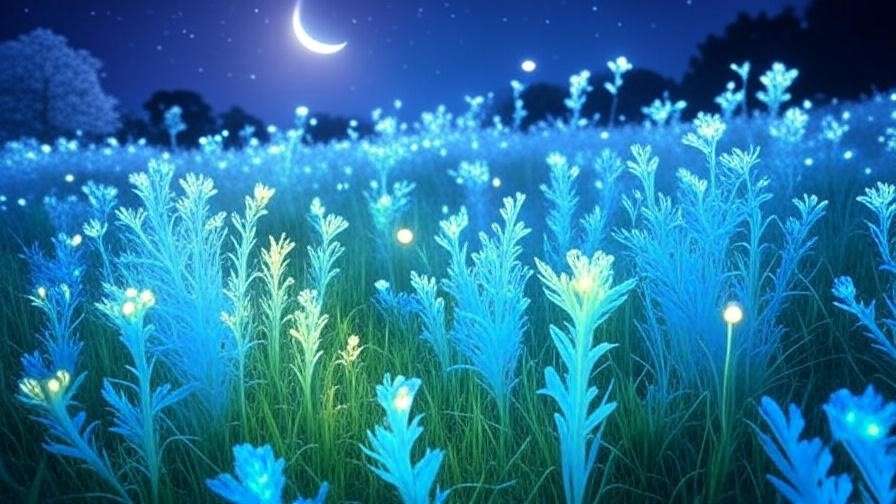
Example: Luna’s faith in creatures like Nargles, though mocked, reflects her surname’s embrace of the unseen. Fan discussions on X often praise Luna’s surname as a symbol of embracing individuality in a conformist world.
Patil – The Cultural Bridge
Origin: Patil is a common surname in Maharashtra, India, often associated with administrative or land-owning roles. Its inclusion in the Harry Potter series highlights the wizarding world’s diversity.
Story: Parvati and Padma Patil, twin sisters sorted into Gryffindor and Ravenclaw respectively, bring a vibrant cultural perspective to Hogwarts. Their presence, especially during the Yule Ball in Harry Potter and the Goblet of Fire, showcases their confidence and individuality. The Patil surname bridges the magical and Muggle worlds, reflecting India’s rich heritage.
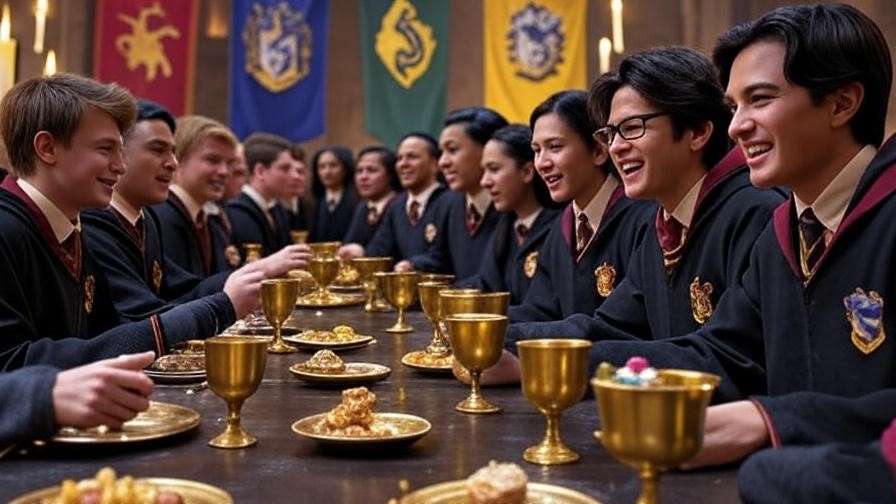
Insight: Rowling’s choice of an authentic Indian surname, as discussed in Wizarding World articles, underscores her commitment to inclusivity. The Patils’ dual-house placement highlights how surnames can transcend rigid categorizations, a topic fans explore in fanfiction communities.
Other Notable Surnames
- Chang: Cho Chang’s surname, rooted in Chinese heritage, means “long” or “eternal,” reflecting her grace and resilience. Her Ravenclaw traits shine in Harry Potter and the Order of the Phoenix.
- Bones: Susan Bones’ surname ties to her family’s tragic history, with many members killed during the First Wizarding War, as noted in Wizarding World.
- Abbott: Hannah Abbott’s Hufflepuff loyalty and later marriage to Neville Longbottom (Harry Potter and the Deathly Hallows epilogue) make her surname a quiet but enduring presence.
The Magical and Historical Origins of Witch Surnames
Real-World Inspirations Behind Rowling’s Naming
J.K. Rowling’s genius lies in her ability to weave real-world etymology with magical storytelling. Surnames like Granger, rooted in medieval French, ground characters in relatable history, while invented names like Malfoy add a layer of mystique. In a 2015 Wizarding World article, Rowling explained that she often drew from linguistic roots—Latin, French, or Old English—to craft names that hint at character traits. For example, “Granger” evokes stewardship, aligning with Hermione’s role as a caretaker of knowledge. Similarly, “Weasley” draws from the weasel’s cunning, a nod to the family’s resourcefulness. This blend of real and magical naming makes Hogwarts surnames a treasure trove for fans.
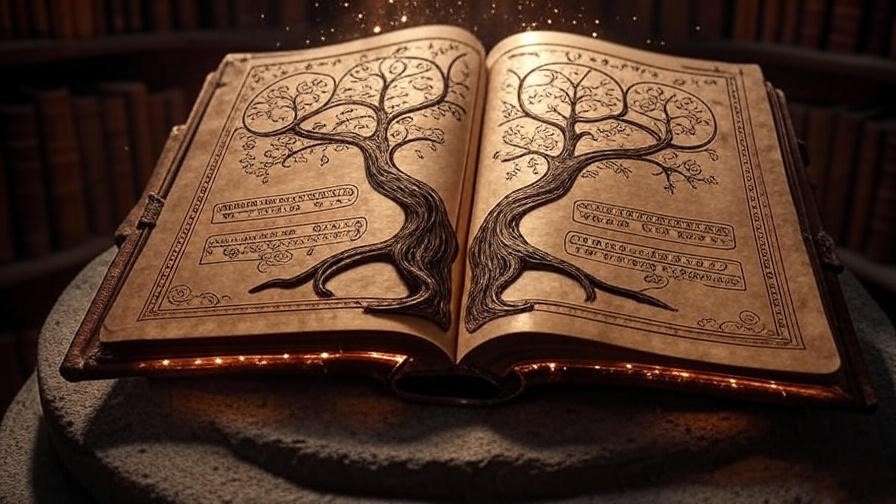
Magical Lineages and Their Influence
Surnames often tie to ancient magical families, particularly the Sacred Twenty-Eight, a list of pure-blood dynasties documented on Wizarding World. The Black family, for instance, carries a storied legacy, with Bellatrix Lestrange’s maiden name reflecting her dark, aristocratic roots. Their motto, Toujours Pur (“Always Pure”), underscores the weight of their surname. Meanwhile, surnames like Longbottom or Abbott, though less grandiose, represent steadfast contributions to the wizarding community, as seen in Neville’s heroism or Hannah’s loyalty. These lineages shape Hogwarts’ social dynamics, influencing everything from house rivalries to Ministry politics.
Symbolism and Foreshadowing in Surnames
Rowling’s surnames often serve as subtle foreshadowing. “Malfoy” (bad faith) hints at Draco’s moral struggles, while “Lovegood” reflects Luna’s pure-hearted optimism. In a 2000 Scholastic interview, Rowling noted that she chose names to “carry an echo” of the character’s journey. For example, “Patil,” with its roots in leadership, aligns with Parvati and Padma’s confidence in their respective houses. Fans on X frequently debate these connections, with some speculating that surnames like “Chang” (eternal) foreshadow Cho’s enduring emotional impact on Harry.
Hidden Stories Behind Witch Surnames
Untold Tales of Lesser-Known Witches
While surnames like Granger and Malfoy dominate the spotlight, lesser-known witches like Susan Bones and Hannah Abbott carry surnames with rich, untold stories. The Bones family, for instance, suffered immense loss during the First Wizarding War, as detailed in Harry Potter and the Order of the Phoenix. Susan’s aunt, Amelia Bones, was a prominent Ministry official whose murder by Voldemort underscored the family’s tragic legacy. The surname “Bones” evokes resilience, perhaps hinting at their unyielding spirit despite adversity. Similarly, Hannah Abbott’s surname, rooted in Old English for “abbot” or religious leader, reflects her quiet strength and Hufflepuff loyalty. Her eventual marriage to Neville Longbottom, as revealed in J.K. Rowling’s post-series notes, ties her surname to a new chapter of wizarding history. These stories, often overlooked, enrich the tapestry of Hogwarts’ surnames.
Surnames in Conflict – Rivalries and Alliances
Surnames often define rivalries and alliances at Hogwarts, shaping the school’s social landscape. The tension between the Weasley and Malfoy surnames, for example, embodies a clash of values: the Weasleys’ humility versus the Malfoys’ arrogance. In Harry Potter and the Chamber of Secrets, Draco’s taunts about the Weasleys’ poverty highlight how surnames can become weapons in wizarding society. Conversely, alliances form through shared values, as seen with Hermione Granger and the Weasleys, whose surnames unite under Gryffindor’s banner. Fan discussions on X often explore these dynamics, noting how surnames like Patil or Chang bridge divides, fostering inclusivity in Hogwarts’ diverse community.
Fan Theories and Speculations
The Harry Potter fandom thrives on speculation, and witch surnames spark intriguing theories. Some fans on X propose that “Lovegood” might connect to ancient lunar magic, given Luna’s name and her ethereal nature. Others speculate that “Granger” could hint at a distant magical ancestor, despite Hermione’s Muggle-born status, a theory fueled by her prodigious talent. The Black family’s surname inspires debates about their ties to dark magic, with some fans linking it to celestial symbolism (e.g., Sirius and Regulus named after stars). While not all theories are canon, they showcase the depth of engagement with Hogwarts surnames, encouraging readers to explore Wizarding World for more clues.
How Surnames Shape Hogwarts’ Legacy
Surnames in Hogwarts Houses
Surnames often align with the traits of Hogwarts’ four houses, reinforcing their cultural significance. In Slytherin, the Malfoy surname epitomizes ambition and cunning, as seen in Draco’s schemes in Harry Potter and the Half-Blood Prince. Gryffindor’s Weasley and Granger surnames reflect courage and loyalty, evident in Ron’s sacrifices and Hermione’s leadership. Ravenclaw’s Chang and Lovegood surnames embody intellect and creativity, with Cho’s emotional depth and Luna’s unconventional wisdom shining through. Hufflepuff’s Bones and Abbott surnames highlight dedication and fairness, as seen in Susan and Hannah’s steadfast support during the Battle of Hogwarts. The Sorting Hat, as described in Harry Potter and the Sorcerer’s Stone, prioritizes individual traits, but surnames often amplify house identities.
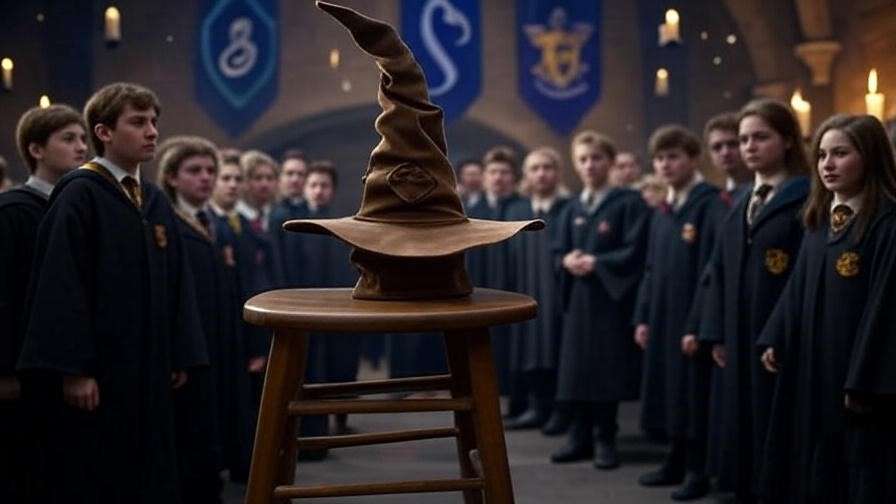
The Evolution of Surnames Over Time
As new generations enter Hogwarts, surnames evolve, reflecting the changing wizarding world. The Weasley surname, for instance, gains prominence through the next generation, with Ron and Hermione’s children, Rose and Hugo Granger-Weasley, carrying a blended legacy (Harry Potter and the Deathly Hallows epilogue). Similarly, the Scamander surname, linked to Newt Scamander from Fantastic Beasts, hints at future prominence in Hogwarts’ halls. Fanfiction communities on platforms like Archive of Our Own explore how surnames like Potter or Longbottom might shape future magical dynasties, blending canon with creative speculation.
Surnames in the Wider Wizarding World
Hogwarts surnames extend their influence beyond the school, shaping the broader magical community. The Malfoy surname carries weight in the Ministry of Magic, as seen in Lucius’s influence in Harry Potter and the Goblet of Fire. The Weasley surname, through Arthur’s Ministry role and Bill’s work at Gringotts, reflects a quieter but impactful presence. Surnames like Patil or Chang, representing diverse heritages, suggest a global wizarding network, connecting Hogwarts to places like Diagon Alley or even international schools like Beauxbatons. Wizarding World articles emphasize how these surnames anchor the wizarding society’s history and future.
Practical Takeaways for Harry Potter Fans
How to Explore Your Own Magical Surname
For fans eager to connect with the wizarding world, researching your own surname can be a magical journey. Start with online etymology tools like Behind the Name or Ancestry.com to uncover your surname’s origins—does it have Old English, Latin, or global roots? Imagine how it might fit into Hogwarts: a surname like “Smith” could evoke Hufflepuff’s industriousness, while “Vega” might suggest Ravenclaw’s celestial curiosity. Wizarding World quizzes, such as the Sorting Hat experience, can inspire ideas for your magical persona. Share your findings on X with #HogwartsSurnames to join the fan conversation.
Creating Your Own Hogwarts Character
Crafting a Hogwarts character with a meaningful surname is a fun way to engage with the Harry Potter universe. Follow these steps:
- Choose a Surname: Pick one with historical or symbolic resonance (e.g., “Hawthorne” for nature-inspired magic).
- Align with a House: Match the surname to house traits—cunning for Slytherin, loyalty for Hufflepuff.
- Build a Backstory: Create a family history, perhaps tying to the Sacred Twenty-Eight or a Muggle-born legacy.
- Add Magical Flair: Incorporate a unique magical talent or artifact linked to the surname.
Fanfiction platforms like FanFiction.net offer inspiration, with examples like “Elara Thorne,” a fictional Slytherin with a surname evoking mystery.
Engaging with the Harry Potter Community
The Harry Potter fandom thrives on platforms like X, where fans discuss witch surnames and their meanings. Join conversations by sharing your favorite surname stories or speculating about their origins. For example, tweet about why “Lovegood” resonates with you or debate whether “Malfoy” deserves redemption. Engage with Wizarding World’s official content, such as articles on magical lineages, to deepen your knowledge. Hosting a #HogwartsSurnames thread or joining Reddit’s r/harrypotter can connect you with fellow fans, fostering a sense of community.
FAQs About Witch Surnames of Hogwarts
Question 1: What is the most powerful witch surname at Hogwarts?
Answer: While surnames like Malfoy or Black carry historical power due to their pure-blood status, Hermione Granger’s impact proves that influence transcends lineage. Her intellect and bravery, seen in Harry Potter and the Deathly Hallows, make “Granger” a symbol of modern wizarding strength.
Question 2: Are all Hogwarts surnames real-world names?
Answer: Rowling blends real-world names (e.g., Granger, Patil) with invented ones (e.g., Malfoy, Lovegood). Real surnames ground the story, while fictional ones add magical flair, as explained in her 2015 Wizarding World interview.
Question 3: How do surnames affect house placement at Hogwarts?
Answer: The Sorting Hat prioritizes traits over surnames, as seen with Sirius Black’s Gryffindor placement despite his Slytherin lineage. However, surnames like Weasley often align with house values, reinforcing identity.
Question 4: Can Muggle-born witches have prestigious surnames?
Answer: Absolutely—Hermione Granger and others like Justin Finch-Fletchley prove that Muggle-born witches can redefine their surnames’ prestige through talent and courage.
The witch surnames of Hogwarts are more than mere labels; they’re threads in the rich tapestry of the wizarding world, weaving together history, identity, and magic. From Granger’s trailblazing legacy to Malfoy’s complex redemption, these names carry stories that resonate with fans worldwide. By exploring their origins and hidden tales, we uncover the heart of Hogwarts’ legacy—a celebration of diversity, resilience, and individuality. Dive deeper into the wizarding world by researching your own surname, sharing your thoughts on X with #HogwartsSurnames, or exploring Wizarding World’s resources. Which surname inspires you most? Let the magic of Hogwarts guide your journey.

